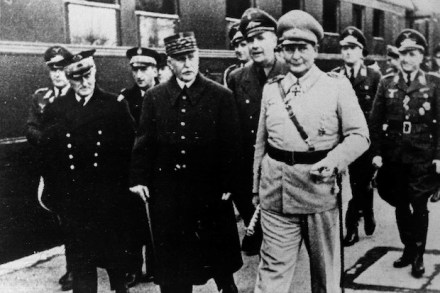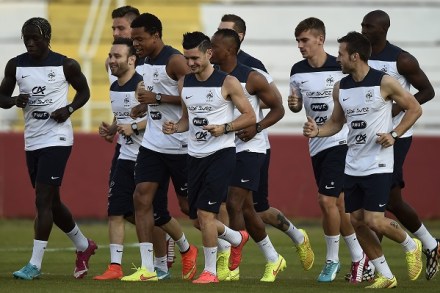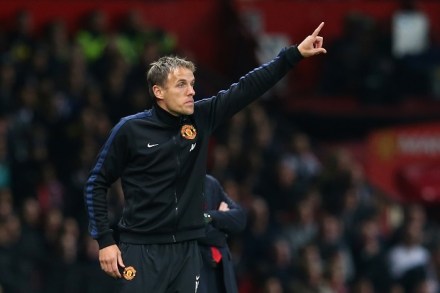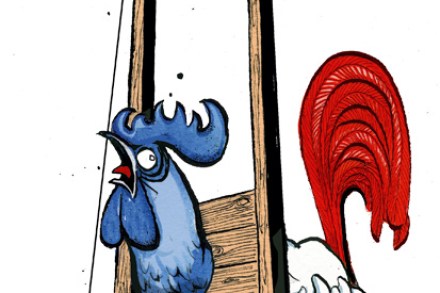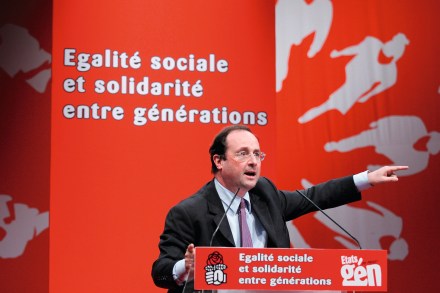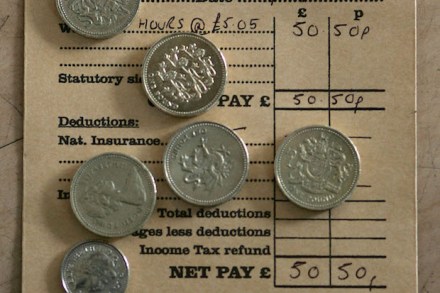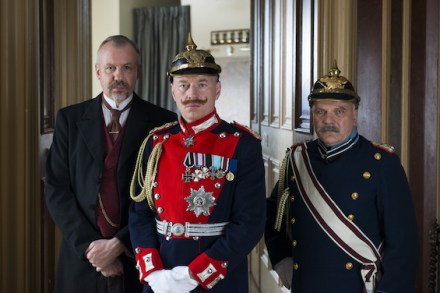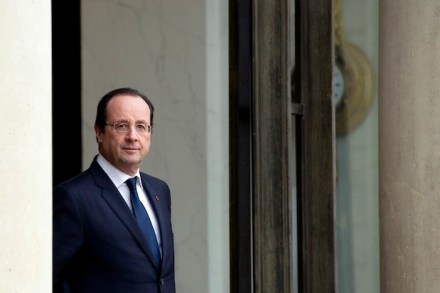The cold, remote plateau of Vichy France where good was done
It is with a heavy heart that I pick up anything to do with the Holocaust. Not because it’s wearisome or too familiar, or because — in Solzhenitzyn’s memorable phrase — you need only a mouthful of seawater to know the taste of the ocean. No: my reluctance to contemplate that world, even as a distant spectator, is because it was so awful and the detail so compelling that I’ll be unable to put the book down. It will echo inside my skull for as long as I inhabit one. So it is with this vivid account by Caroline Moorehead of remote mountain villagers high up in France’s Massif Central
